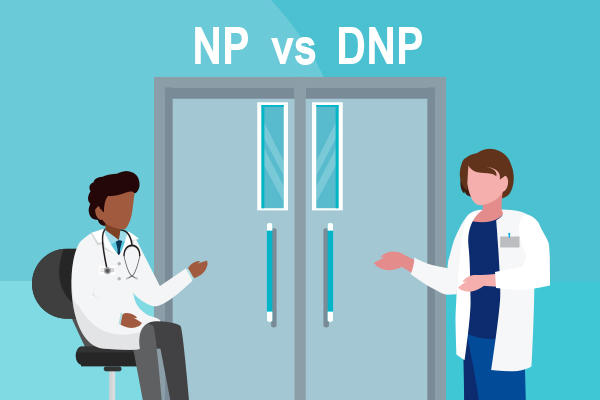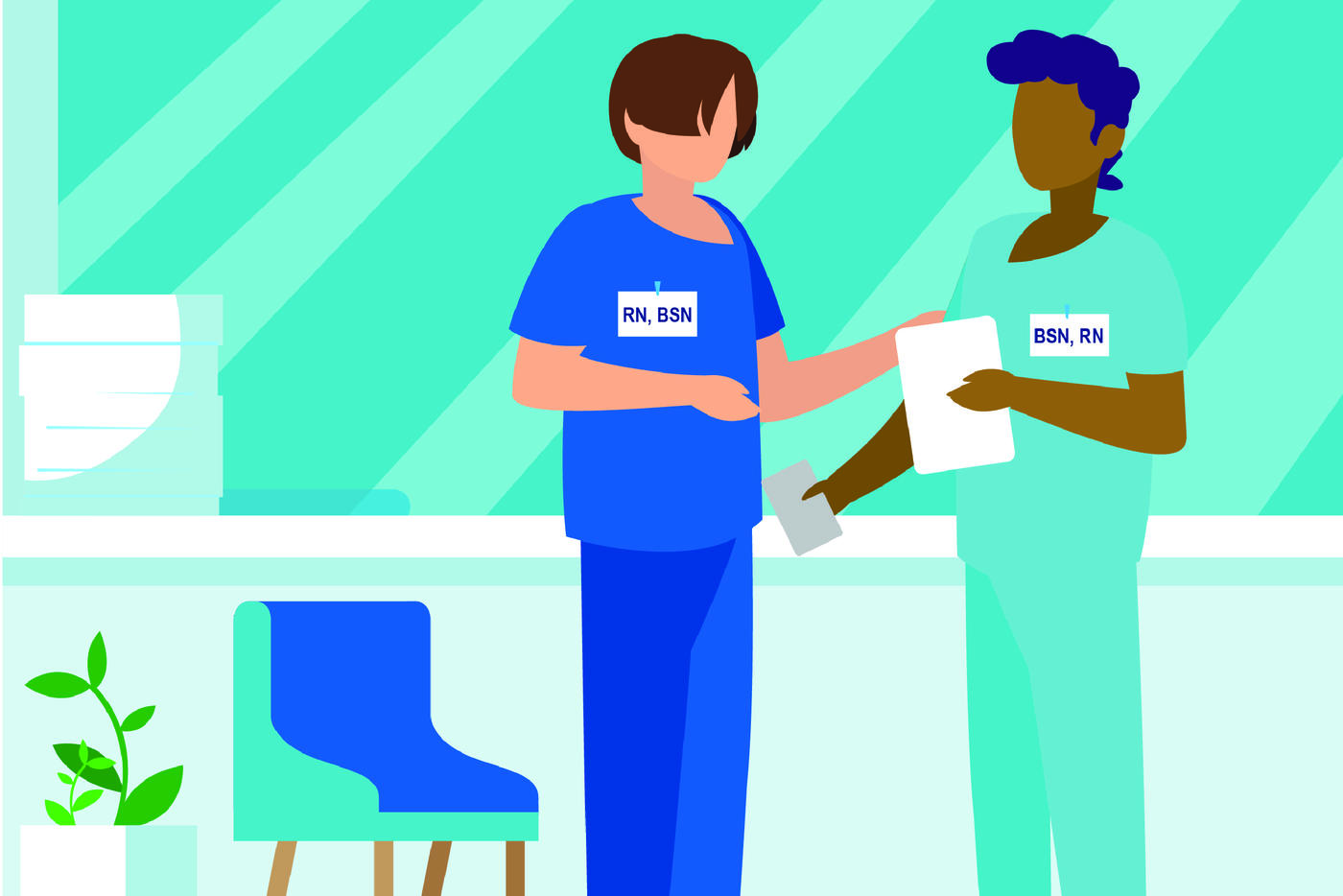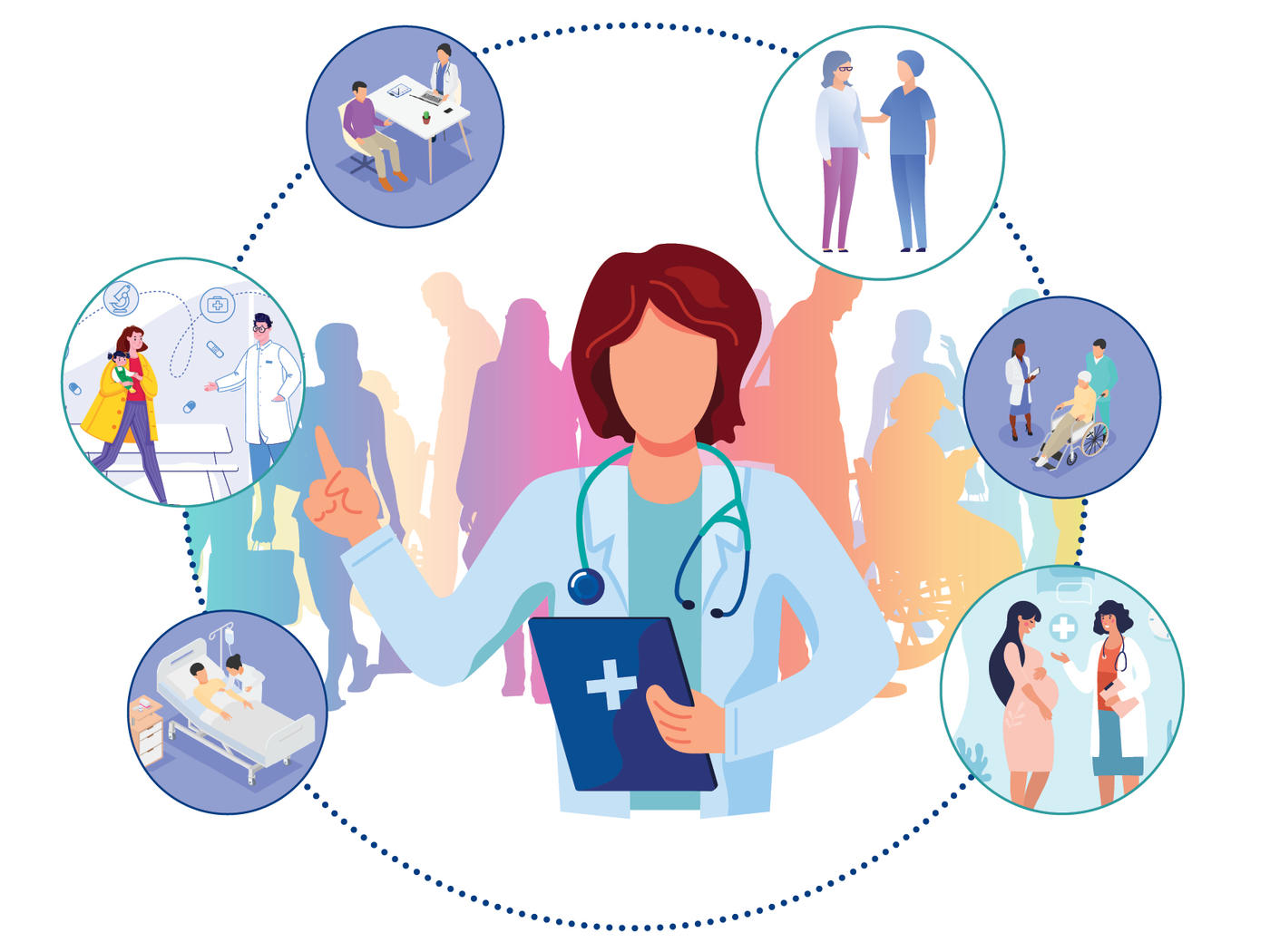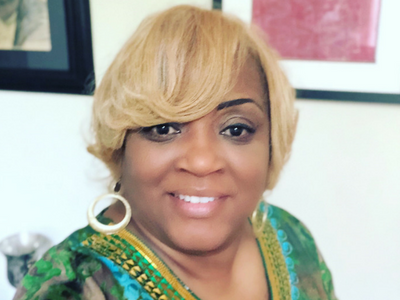Featured
Tags
Share
- Home / Blog / Nursing Today / My Nursing Specialty: Clinical Research Nursing
My Nursing Specialty: Clinical Research Nursing

As an advocate for patient needs and a self-proclaimed “research lover,” Leslie Thomas has been able to combine two of her passions in her dream role as a clinical research nurse. We recently had the opportunity to chat with the graduate of Chamberlain’s Master of Science in Nursing (MSN) to learn what she loves about this specialty, what challenges she faces in her role and what she wishes more people knew about clinical research nursing.
How did you discover clinical research nursing?
I’ve always been a research lover. In high school, I took advanced writing and composition classes because I loved doing the research. While getting my BSN, my favorite class was nursing research but at that time I didn’t realize what opportunities were available for nurses in research. It wasn’t until I met someone who was doing it and I was like, ‘Oh, you’re kidding me! This is a thing?’ From there, I became a research coordinator and loved it.
How did you get your start in clinical research nursing?
I started by working in clinical research at a trauma center where I was a clinical research coordinator. I did that for several years, engaging with the drug sponsors or device sponsors of the clinical research and following patients to look for any adverse effects the drugs or devices may have had on them. I took some time off to raise my kids after the birth of my fourth child and when I re-entered the workforce on the industry side, meaning that I began working in the pharma industry in clinical research. So rather than enrolling patients for a drug or device that’s being studied, I’m now on the other end, developing and designing the protocols that clinical research coordinators will use to enroll patients in these studies.
What does a typical day in this position look like?
A typical day consists of doing a lot of research, literature reviews, disease research and chemical compound research. It involves collaborating with a drug development team about the design of clinical trials and how we can make the clinical trial as easy to participate in for patients as possible. A lot of inter-professional collaboration is involved between chemists, statisticians, physicians, etc.
What is your favorite thing about this specialty?
I love being a part of an industry that’s transitioning from old-fashioned and set in their ways to now becoming more advanced. I’m driven by being a part of the change in how drugs are developed to treat diseases and getting drugs into the hands of the patients who need them faster. I also love that the pharma industry is becoming very patient focused, trying to do things to minimize the burden of patients who participate in clinical trials.
What is a challenge within this specialty?
A challenge was going from clinical practice to a Fortune 500 company. In clinical practice, you make decisions and people’s lives are on the line. In industry, there’s no sense of urgency to decision making. It was like down shifting from overdrive to reverse when it came to making decisions.
What’s the most memorable or meaningful moment from your career?
I had the opportunity to work in clinical research where I enrolled patients in a drug that was developed and approved to treat sepsis. Knowing from the pharmaceutical side what it takes to get those drugs in the hands of patients, and now knowing how many lives were saved, is very enriching. That drug actually changed the way sepsis is treated today.
What is something you wish others knew about clinical research nursing?
I want people to understand that this is a real opportunity for advanced practice registered nurses (APRNs). APRNs are needed in the world of pharmaceutical and device research. Nobody can bring the advocacy for patients more than nurses can. It’s a real gap in the pharma industry to not have more nurses participating. As long as nurses understand the benefit and need for research they will succeed in this field.
How did Chamberlain help you excel within this field?
Earning my MSN at Chamberlain gave me a more robust way of looking at things when it came to leadership. I had been told I had natural leadership abilities, but I had never understood the leadership philosophy I was using inherently until I was at Chamberlain. I was extremely successful in the MSN program and it’s panning out to be the same in the Doctor of Nursing Practice (DNP) program.
Interested in advancing your education? Learn more about Chamberlain’s MSN degree program today!
By Meg Tokars
More from Nursing Today
Request More Information
To receive the Chamberlain University Program Guide, including associated career paths, please select a program of study.







